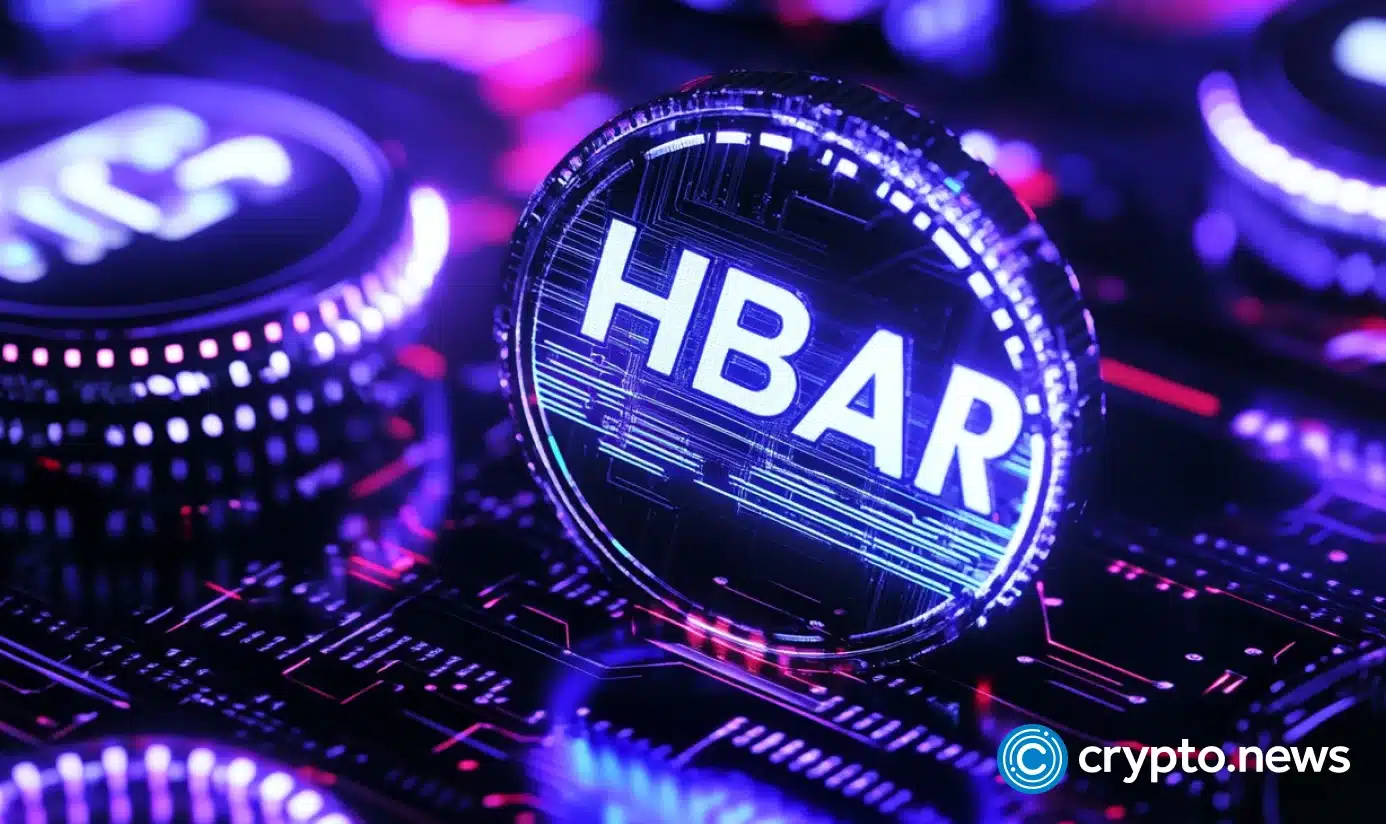IBM targets quantum advantage by 2026 and fault-tolerant systems by 2029 with new processors and faster error correction, advancing the race toward quantum computing.

Technology company IBM (NYSE: IBM) announced new developments in its quantum computing research, including advances in processors, software, and error correction.
At its annual Quantum Developer Conference in New York on Wednesday, the company outlined plans to achieve quantum advantage by 2026 and fault-tolerant systems by 2029.
Quantum advantage refers to the point at which a quantum computer can solve a problem faster or more efficiently than any classical supercomputer. IBM said its new “Nighthawk” processor will play a central role in reaching that milestone, delivering circuits 30% more complex than its previous generation while maintaining low error rates.
The company also introduced “Loon,” an experimental processor that brings together the core hardware for fault-tolerant quantum computing, systems capable of detecting and correcting their own errors in real-time.
IBM said it has made its error-correction system 10 times faster than before, completing the milestone a year ahead of schedule. The company also doubled its chip development pace after moving production to a new 300-millimeter wafer facility in New York.
Related: US eyes quantum computing investments amid rising national security stakes
Quantum computing and Bitcoin
While quantum computing is in its early stages, its potential to one day break the encryption securing Bitcoin and other cryptocurrencies using proof-of-work algorithms has become one of the most widely discussed issues in the crypto space.
Amit Mehra, a partner at Borderless Capital, said in October that quantum computing is expected to pose significant security risks by the end of the decade, which is driving the company’s focus on startups working on quantum-resistant technology.
Others, like Charles Edwards, the founder of quantitative Bitcoin and crypto asset fund Carpriole, view the threat as more immediate. “If Bitcoin doesn’t solve Quantum in the next year, Gold will keep outperforming it forever,” wrote on X.
Gianluca Di Bella, a smart-contract researcher, echoed Edwards’ concern. In an interview with Cointelegraph in November, he warned that the industry “should migrate now” to post-quantum encryption, citing the risk of “harvest now, decrypt later” attacks — where data stolen today could be unlocked once quantum computers mature.
Also in November, onchain analyst Willy Woo said Bitcoin holders could protect themselves against quantum computing by transferring their coins to a SegWit-compatible address and holding until a quantum-resistant solution is created.
Magazine: Big Questions: Did a time-traveling AI invent Bitcoin?
.png)
 2 hours ago
2
2 hours ago
2




